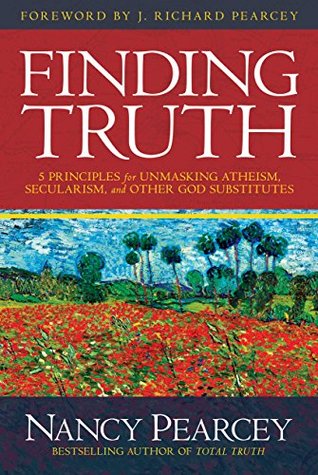As a tool of critical thinking, a hermeneutics of suspicion can be useful to highlight common human failings—to diagnose the ways our thinking may be distorted by things like economic interests or psychological impulses. Scripture teaches that we deceive ourselves all the time about our true motives: “The heart is deceitful above all things, … who can understand it?” (Jer. 17:9). Taken on its own terms, however, a hermeneutics of suspicion is radically reductionistic. It simply abandons the question of truth, reducing it to questions of power and desire.
Welcome back. Just a moment while we sign you in to your Goodreads account.


